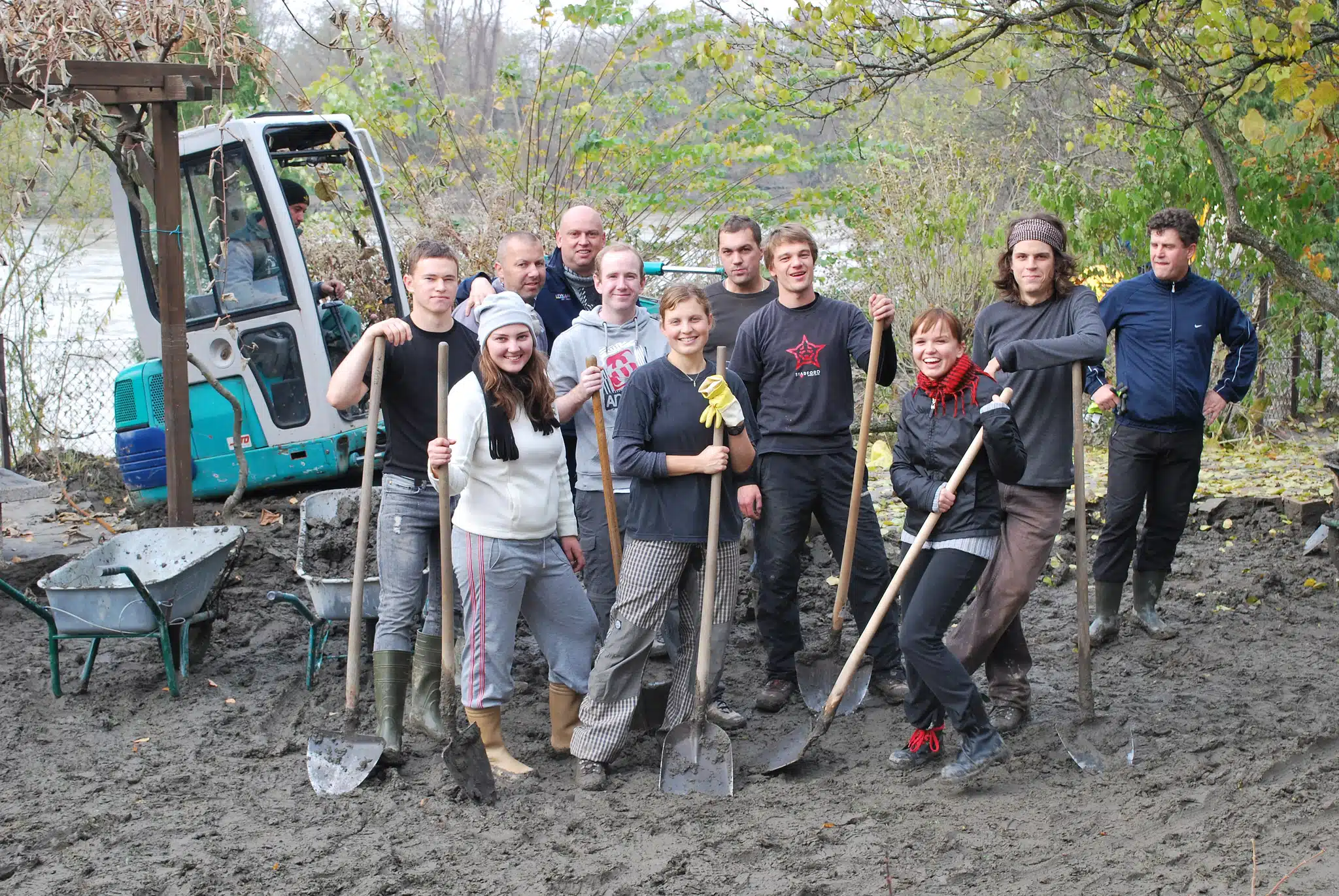4 Ways To Turn Volunteers Into Donors


Full Platform Overview Chat With Us



Full Platform Overview Chat With Us




There is a proven correlation between volunteering and donating. One study found that on average, volunteers donate ten times more than non-volunteers. In addition, nearly 70% of folks surveyed said they donate to the organization for which they volunteer.
But how do you convert your volunteers into donors for your organization? If you’re having a hard time, here are four points to keep in mind:
Treat them like gold – even if they don’t make monetary donations. Are you letting them know how much you appreciate their time and effort? If possible, try to quantify their activity into how much money or time they have saved your organization.
Example: “The help you provided by stuffing 1,000 envelopes with our appeal letter led to an additional $12,500 in donations! This will help us serve 150 more people … and we could not have done this without your help!”
Each time a person volunteers for your organization, is this information captured on her constituent’s record? How many hours did she serve last year? Can she be counted on serving again the next year? Can you track volunteer retention rates (similar to donor retention)?
Knowing how many total volunteer hours for your organization can also be helpful statistics for grant requests and annual reports.
Tracking each volunteer interaction will give you a better understanding of their overall engagement with your organization.
Also, if you don’t know specifically how they helped — how can you appropriately thank them? (See point #1)!
Provide easy ways for them to share on social media, your website, our future newsletter about why they volunteer. Someone with a robust volunteer history will be a great advocate and ambassador for your organization, even if they are not yet a donor. While they may not give a monetary donations, maybe their friends will.
And… the more excited they are to tell their stories, the more likely they may be to give a monetary gift in the future.
Have you actually asked your volunteers to participate financially in your organization? Don’t just assume they will start giving because they know about your mission. Maybe they don’t know the best method to give, or don’t know that there is a need (all they know is that you had a volunteer need!).
Have you built a relationship with your volunteers to invite them to donate a small amount each month? Maybe they do not have the capacity to give a significant one-time gift, but maybe $10-$20/month would be suitable?
There are, of course, a ton of great resources online about this topic. Here are two that you might find helpful:
http://www.volunteerhub.com/
http://www.fidelitycharitable.
Have you had any luck converting volunteers to donors? How did you do it? Let us know in the comments below!
Experience firsthand how Bloomerang Volunteer can transform your organization. Take our online tour and see the impact for yourself.
Comments
How to find new donors – Hands-On Fundraising
Kym Madden
Ron Newlin
Tina Cincotti